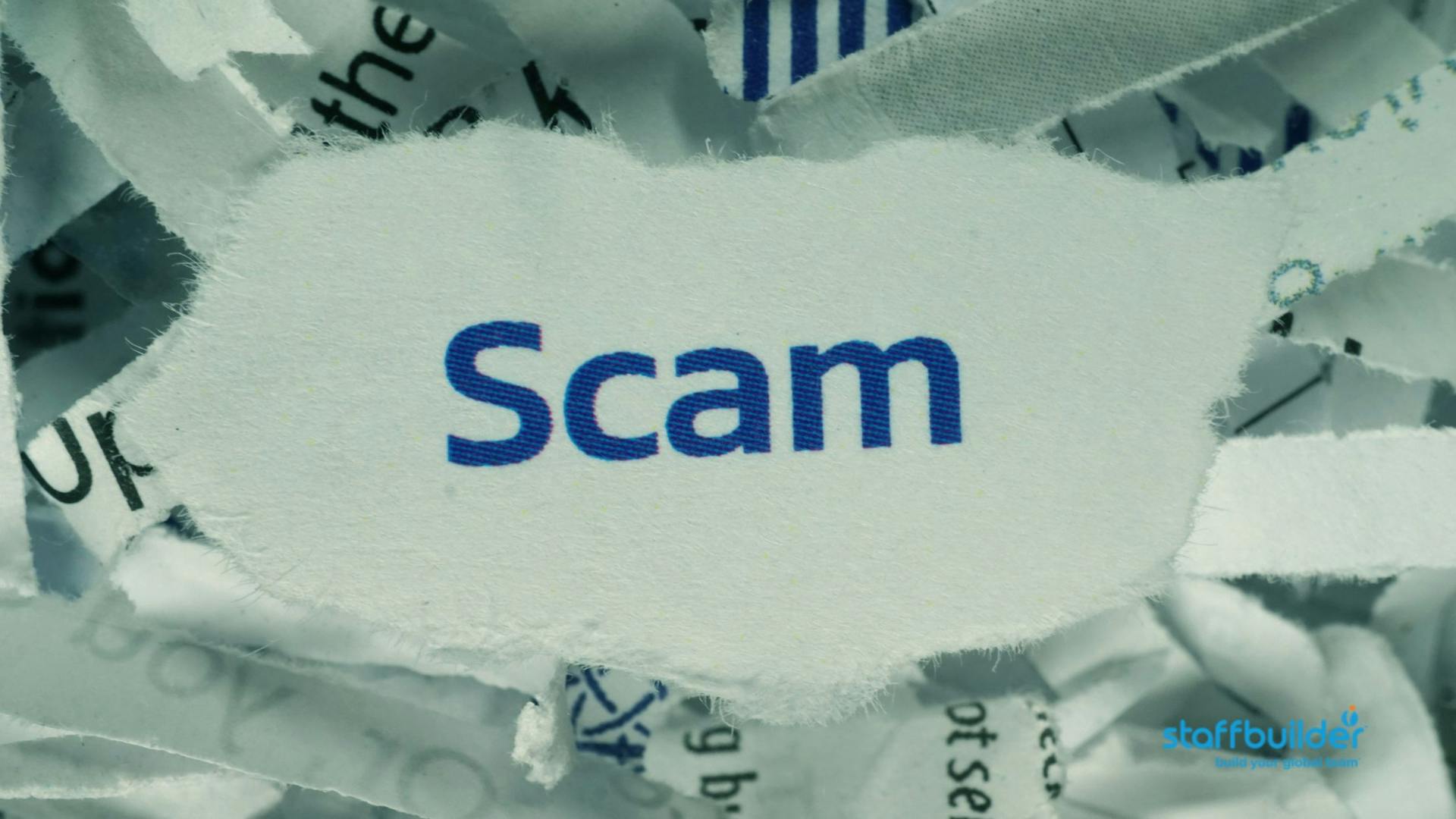How to Spot and Avoid Freelance Job Scams Online

In today’s digital age, freelancing offers unparalleled opportunities for professionals to work on diverse projects from the comfort of their homes. However, as the gig economy grows, so does the risk of encountering freelance job scams. In this article, we’ll explore how to identify and avoid these scams, ensuring that your freelance career remains safe and successful.
Understanding Freelance Job Scams
Freelance job scams typically involve fake job listings designed to extract personal information, money, or labor without any intention of legitimate employment. Scammers prey on the vulnerability of freelancers seeking work, often using tactics that can appear quite convincing.
Common Types of Freelance Job Scams
Advance Fee Scams
These scams require you to pay upfront fees for supplies or training before starting the job. Reputable employers never request payment in advance.
Fake Job Listings
Scammers post fake job ads on freelance platforms or job boards. They may use names of reputable companies to gain your trust.
Phishing Scams
Scammers send emails that appear to be from legitimate companies, asking for personal information or directing you to fake websites.
Work-from-Home Scams
While many legitimate work-from-home jobs exist, scammers often advertise unusually high salaries for minimal work, drawing in desperate job seekers.
How to Spot Freelance Job Scams
1. Research the Company
Before applying for a freelance job, research the company thoroughly. Review their website, social media accounts, and online feedback. Look for:
Contact Information
Legitimate companies provide clear contact details.
Company History
A lack of information or a recently created website can be red flags.
Professionalism
Scammers often have poorly designed websites with spelling and grammatical errors.
2. Analyze the Job Posting
A suspicious job posting often includes vague descriptions, unrealistic salary offers, and urgent hiring practices. Pay attention to:
Salary Promises
If the salary appears excessively high, it’s likely a red flag. Be cautious of listings promising high income for little work.
Vague Requirements
Scammers may not provide specific job requirements or responsibilities.
Overly Generic Listings
Legitimate jobs typically have specific skills and experiences listed.
3. Watch for Red Flags in Communication
Once you start communicating with a potential employer, look for signs that they may not be genuine:
Inconsistent Communication
If the employer changes their story or becomes evasive, this is a red flag.
Pressure Tactics
Scammers frequently create urgency to pressure you into making hasty decisions.
Unprofessional Language
Emails or messages riddled with typos and poor grammar are signs of a scammer.
4. Protect Your Personal Information
Legitimate employers do not require excessive personal information during the application process. Be wary of requests for:
Social Security Number (SSN)
Do not provide your SSN until you are officially hired.
Banking Information
Be cautious of employers asking for your bank details or payment information upfront.
Passwords
Never share your passwords with anyone, regardless of how legitimate they seem.
5. Use Reputable Freelancing Platforms
Choosing the right platform to find freelance jobs can significantly reduce your risk of encountering scams.
Tips to Avoid Freelance Job Scams
1. Trust Your Instincts
If something feels off about a job listing or employer, trust your instincts. It’s better to walk away than risk your time and money.
2. Ask Questions
Don’t hesitate to ask the employer questions about the job, company, and payment structure. Legitimate employers will provide clear answers and be happy to clarify any doubts.
3. Use Escrow Services
If you are working through a freelance platform, utilize escrow services for payments. This service holds the client’s payment until the work is completed satisfactorily, providing protection for both parties.
4. Check for Reviews and Feedback
Look for feedback from other freelancers who have worked with the client. This can provide insight into the client’s reputation and reliability.
5. Stay Updated on Common Scams
Familiarize yourself with common freelance scams and tactics. Being informed can help you identify and avoid potential scams more easily.
Conclusion
The freelance job market can be a goldmine of opportunities, but it’s essential to remain vigilant and informed to avoid scams. By knowing the signs of freelance job scams and implementing protective measures, you can safeguard your career and focus on what matters most—delivering exceptional work to your clients. Stay smart, stay safe, and enjoy the freedom of freelancing!
FAQs
What steps should I take if I think a job opportunity is a scam?
If you suspect a job is a scam, cease communication with the employer immediately and report the job listing to the platform or website where you found it.
Are there specific industries that are more prone to freelance scams?
While scams can occur in any industry, creative fields like writing, design, and marketing often see a higher incidence due to the high demand for freelance work.
How can I verify if a company is legitimate?
Check the company’s website, look for reviews on trusted sites, and verify their contact information. Research their online presence and consult platforms like LinkedIn.
Can I report freelance job scams?
Yes, you can report scams to the platform where you found the job, and you may also report them to consumer protection agencies or local law enforcement.
What steps can I take to protect myself as a freelancer?
Use reputable freelance platforms, trust your instincts, protect your personal information, and stay updated on common scams to safeguard yourself.
Discover essential tips to identify and avoid freelance job scams. Safeguard your career with our expert advice!
